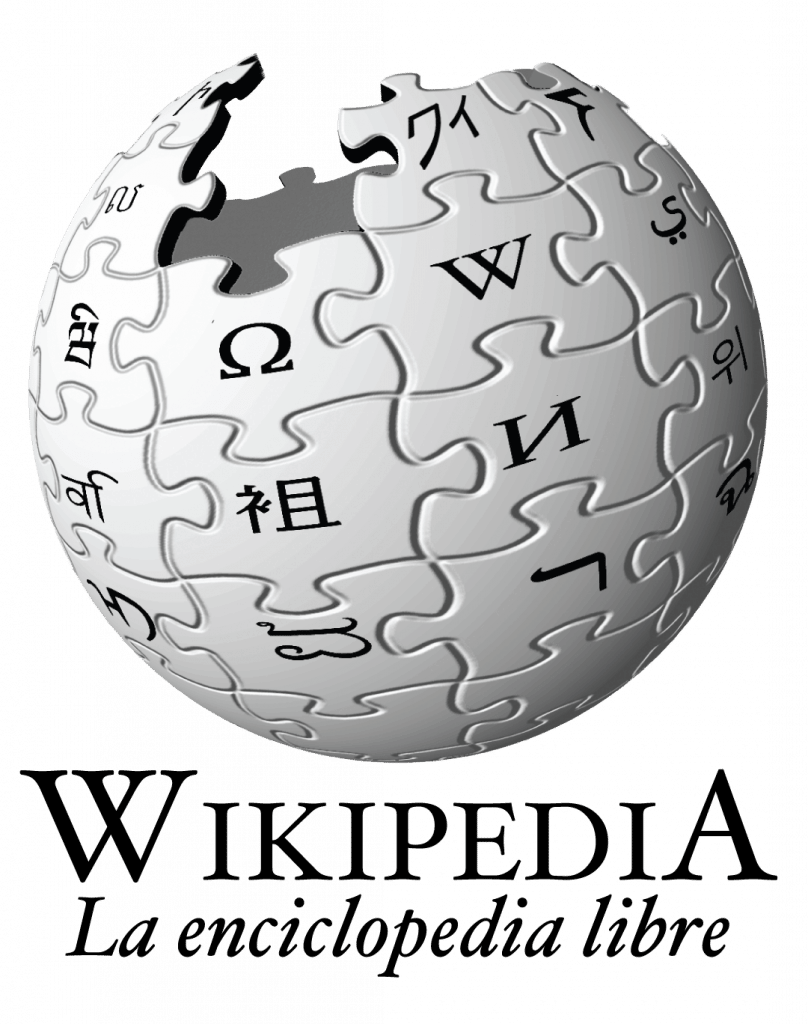
Remember the good old days when Encarta ruled the world? Even more, do you remember keeping those heavy, venerable paper encyclopedias in your shelves? That’s pretty vintage, huh? Since Wikipedia came into our lives like a bull in a china shop, the mere action of browsing through a book to look up some information may seem as eccentric and old-fashioned as carrying a walkman to hear some music.
Isn’t it a bit ironic that, although I’m writing about the drawbacks of Wikipedia, I actually used it to supply a link about the defunct Encarta? Is it that hard to escape from the long tentacles of that wikoctopus? To what extent is it influencing our lives, and is it for the good or bad?
According to Jaron Lanier, a dready computer guru mainly known for his research in IA and for pioneering some of the internet’s first steps –he was the one who coined the term “virtual reality”-, Wikipedia isn’t exactly that pinnacle of human knowledge that many claim it is. In his essay You’re Not a Gadget (translated into Spanish as Against the Digital Flock, which seems to be a more eye-catching title), he states that Wikipedia resembles more the erratic behavior of a mob than the neat intelligence of the vaunted hive mind. What he maintains is that individual contributions are usually wiser and, of course, more personal, than the ones made by many; furthermore, “the free encyclopedia” lacks the context crucial for the optimum understanding any information, and it makes difficult for the reader to recognize an individual voice behind each article (although, of course, you are able to track the history of any article).
Even its very founder, Jimmy Wales, acknowledged in 2005 that Wikipedia was flawed by false or inaccurate information, due to insufficient checking or article editing (or ill-willed editing). Given that, what he and his supporters allege is that anyone can edit a wrong article and fill it with useful content; well, that’s fine, but it leads to kind of a catch-22 situation where the reader is trying to acquire some knowledge he lacked or is trying to find reliable data on a given subject, but at the same time he is told he should correct it in case it’s flawed or to contribute with the very information he is looking for when it’s incomplete. It seems that the responsibility lies on the user’s side, and that’s not necessary a good thing.
Notwithstanding, as you can read in this article, the prestigious magazine Nature made a study which compares Wikipedia with the distinguished Encyclopedia Britannica, and it cites two main conclusions: that the first doesn’t contain as many mistakes as its detractors allege it has, and that the latter isn’t exactly the word of god brought to earth by Moses. Fair enough, but it must be pointed out, though, that the study compared scientific articles, which seem to be Wikipedia’s main strength. This kind of information relies on empiric facts which aren’t nearly as open to subjective interpretation as the historical, biographical or literary ones. It is far easier to edit a politician’s biography, for instance, and write that he is “the voice of the common people” instead of a populist, than saying water boils at 102 °C.
Another thing that lucky English speakers tend to forget is the fact that the Wikipedia is far more flawed in other languages, and the Spanish version -the one I know better-, for instance, is filled with mistakes and poorly written articles, not just deprived of any literary aspiration, but aseptic at best and fairly unreadable at worse. So if you want to enjoy the best available version of Wikipedia you should learn English…
On the other hand, Wikipedia provides information which otherwise wouldn’t ever be available in other non-specialized encyclopedias, such as entries about computing, videogames, fictional characters and plenty of nerdy articles. One thing is for sure: a huge amount of the people eager to collaborate filling wiki-related databases are computer fans who tend to write exhaustive, overwhelmingly detailed articles about, let’s say, Warhammer 40.000 or The IT Crowd, something that leads to an entry about Chewbacca being more extensive than the one about Napoleon (this is not true, actually, but you get the point…). Well, maybe not such a big deal.
Hope you enjoyed this article. We’ll soon publish the second part of it, so don’t forget to visit International House Madrid blog!
